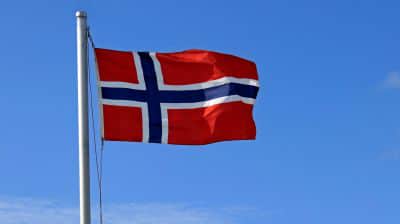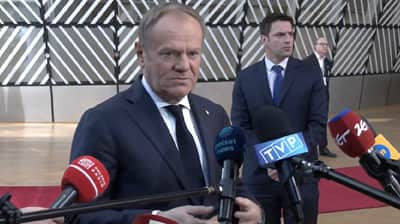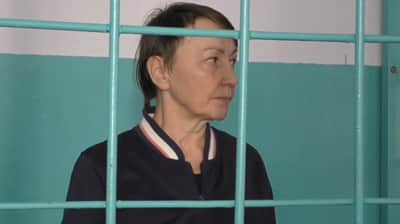Russia gets into colossal debts to cover budget deficit
Russia's national debt for the first half of 2023 increased by RUB 2.2 trillion (approximately US$22.63 billion), even though RUB 2.5 trillion was planned for the entire year.
Source: Forbes Russia, citing the Accounts Chamber of Russia
The national debt increased by 10%, which is RUB 2.24 trillion, during January – June 2023. It increased by 27.5% in just one year, compared to 1 July 2022.
At the same time, the budget for the entire year 2023 planned to increase debts by RUB 2.5 trillion.
The amount of borrowing amounted to slightly more than RUB 25 trillion (US$257.43 billion), approximately 16.7% of the projected volume of GDP as of 1 July 2023.
The costs of servicing the state debt also increased and amounted to RUB 718.1 billion (US$7.4 billion) as of 1 July. This is a 4% increase compared to mid-2022 and a 42% increase compared to mid-2021.
The budget of Russia in the first half of 2023 was implemented with a deficit of RUB 2.35 trillion.
Revenues, if compared with the first half of 2022, decreased by RUB 1.64 trillion (11.7%), in particular those concerning the oil and gas production fell by RUB 2.99 trillion, which is almost twice.
Expenses increased by RUB 2.2 trillion (17.5%).
Revenues were fulfilled by 47.4% of the planned volume (in the first half of 2022, it was 56%), and expenses – by 49.3% (in 2022 for the same period it was 48.2%), the Accounts Chamber report indicates.
Background:
- In mid-September of this year, Russian President Putin announced the completion of work on economic recovery and the transition to development. Earlier, Putin announced that Russia had overtaken Germany in terms of economic development and was among the world's five largest economies.
- Two weeks after that, Putin raised the salaries of himself, Deputy Chairman of the Security Council of the Russian Federation Dmitry Medvedev, deputies, and security forces.
- Oil and gas revenue has also plummeted to a record-breaking point in Russia. Fossil fuel export in Russia has been decreasing since the moment the sanctions were imposed, both in quantitative and qualitative aspects, and in June 2023 Russia’s income from this type of economic activity reached the lowest monthly index.
- In January-June, 12 billion cubic metres of gas were exported from Russia to Europe. Gas exports to the EU reached up to 170-180 billion cubic metres a year in the best years of Gazprom.
- According to the results of the first half of 2023, the gas business of Gazprom became unprofitable for the first time since the pandemic and for the second time in the last 25 years.
- Thus, a two-stage increase of domestic prices was announced in Russia in July, and it even surpassed the forecasts. The prices for Russian consumers of Gazprom will change in two stages – by 8 percent from 1 July 2024, and by another 8% from 1 July 2025.
- On 15 September, the Bank of Russia adopted a decision to increase its key rate for the third time in three months. The Central Bank admitted that in order to deter the inflation and bring it back to targeted indexes, an additional strengthening of monetary conditions is needed. Herewith it was stressed that a "durable process of sustaining harsh monetary conditions in the economy" is expected.
Ukrainska Pravda is the place where you will find the most up-to-date information about everything related to the war in Ukraine. Follow us on Twitter, support us, or become our patron!






